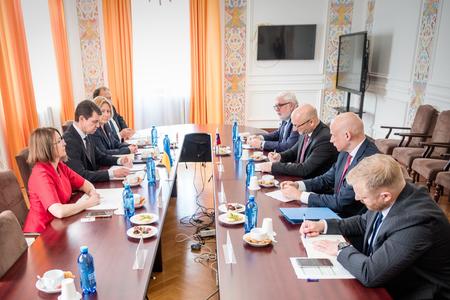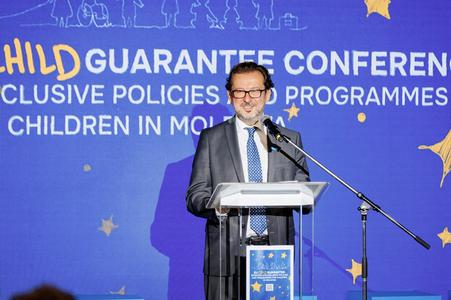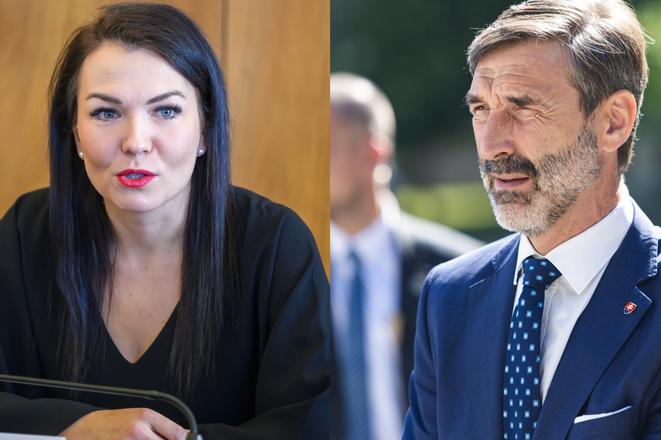Slovakia’s foreign minister is under fire after suggesting that Europe should consider “forgiveness” for Russia once the war in Ukraine ends – comments that have reignited tensions over the country’s stance on the conflict.
Juraj Blanár, a senior member of Prime Minister Robert Fico’s Smer party, said on Sunday that diplomatic channels with Moscow should remain open and that Europe would eventually need to reconcile with Russia – just as it did with Germany after the Second World War.
“If we hadn’t forgiven Nazi Germany, where would Europe be today?” Blanár said during a television interview on Sunday. “Crimes must be punished, yes. But peace comes through diplomacy, not vengeance.”
His remarks sparked immediate backlash from the opposition, with Progressive Slovakia MP Beáta Jurík accusing him of “dangerous naïveté”.
“There is nothing to forgive while Russia continues bombing hospitals and abducting children,” she said. “This is not about forgiveness. It’s about accountability.”
The exchange underscored growing rifts within Slovakia’s political establishment over how to engage with the Kremlin. While the Fico government has taken a more cautious – and at times contrarian – line within the EU, progressive lawmakers are pressing for tougher policies, including military aid and greater alignment with Ukraine’s Western backers.

Jurík accuses Blanár of hypocrisy
Jurík challenged Blanár’s insistence on negotiations, arguing that Russia only responds to pressure, not dialogue. “This isn’t about defeating Russia,” she said. “It’s about stopping them – keeping them as far from our borders as possible.”
The two also clashed over post-war reconstruction. Blanár maintained that Slovakia is helping Ukraine through humanitarian means and intends to assist in rebuilding efforts. But Jurík called this hypocritical.
“You refuse to help Ukraine fight for its survival, but you’re ready to bid for reconstruction contracts the moment the war ends,” she said. “That’s not solidarity – that’s opportunism.”

Russian gas
Energy security emerged as another flashpoint. Slovakia has said it will not back new EU sanctions on Russian gas without ironclad guarantees. Blanár warned that a premature decoupling from Russian energy could cost the country billions.
“We’re one of the most exposed countries in Europe,” he said. “We won’t gamble with our economy.”
Jurík countered that the government was isolating itself from allies. “While other countries invest in alternatives, we threaten vetoes,” she said, noting that Slovakia now pays among the highest gas prices in the EU.
The only common ground between the two was the need for Europe to reduce its reliance on Russian energy. But even there, they disagreed on timing and tactics – Blanár pushing for gradual solutions and Jurík accusing the government of reacting too late.


 Progressive Slovakia lawmaker Beáta Jurík (l) and Foreign Minister Juraj Blanár of Smer. (source: TASR)
Progressive Slovakia lawmaker Beáta Jurík (l) and Foreign Minister Juraj Blanár of Smer. (source: TASR)